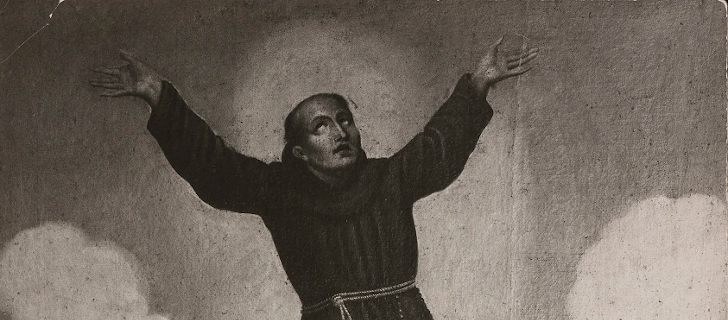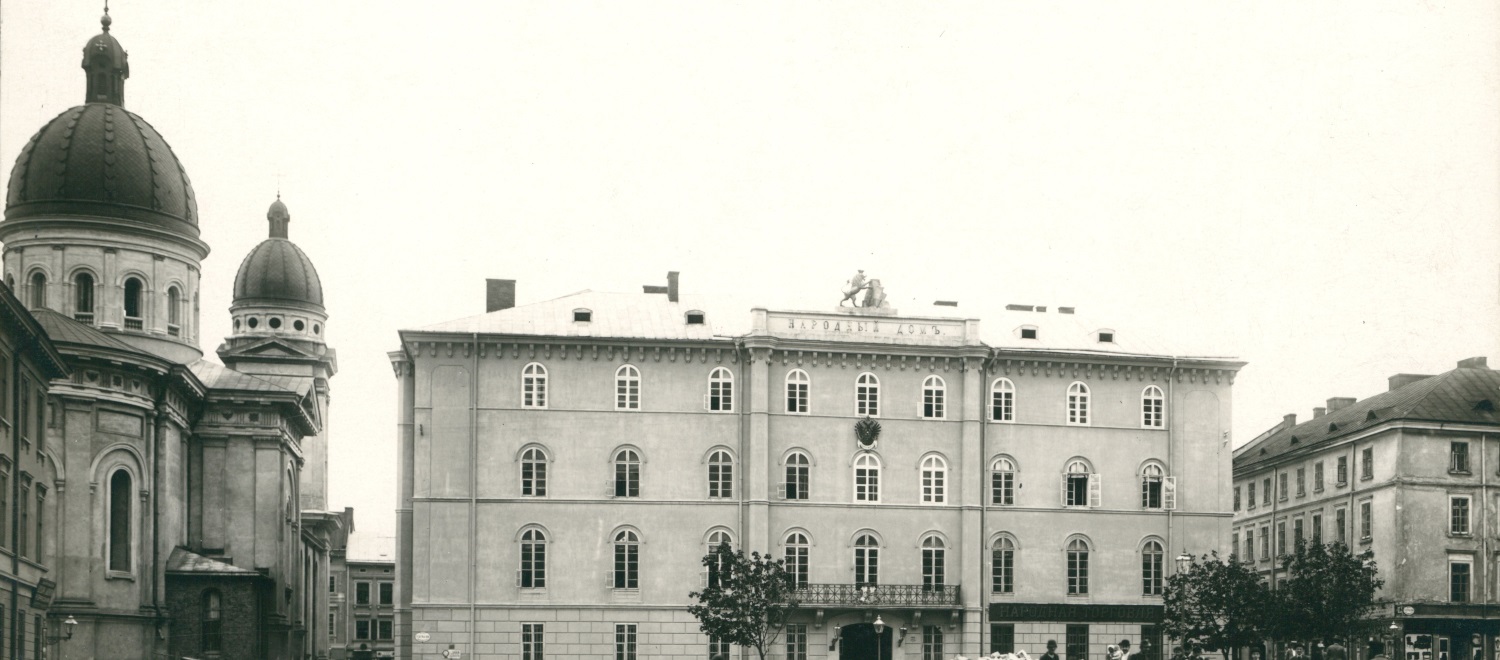

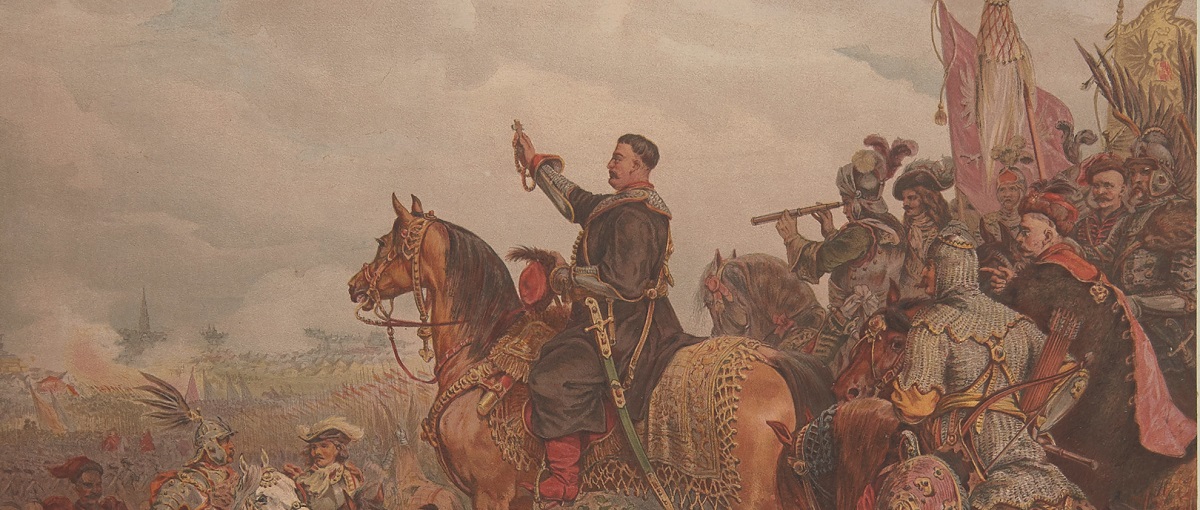
200th Anniversary of the Victory at Vienna (1883)
The celebration in Lviv in 1883 was, on the one hand, a Polish patriotic event, since it was about the victory of King Jan III Sobieski. On the other hand, it was a celebration of the successful defense of Vienna, the capital of the Austro-Hungarian Empire, so the festivities were fully in line with imperial policy.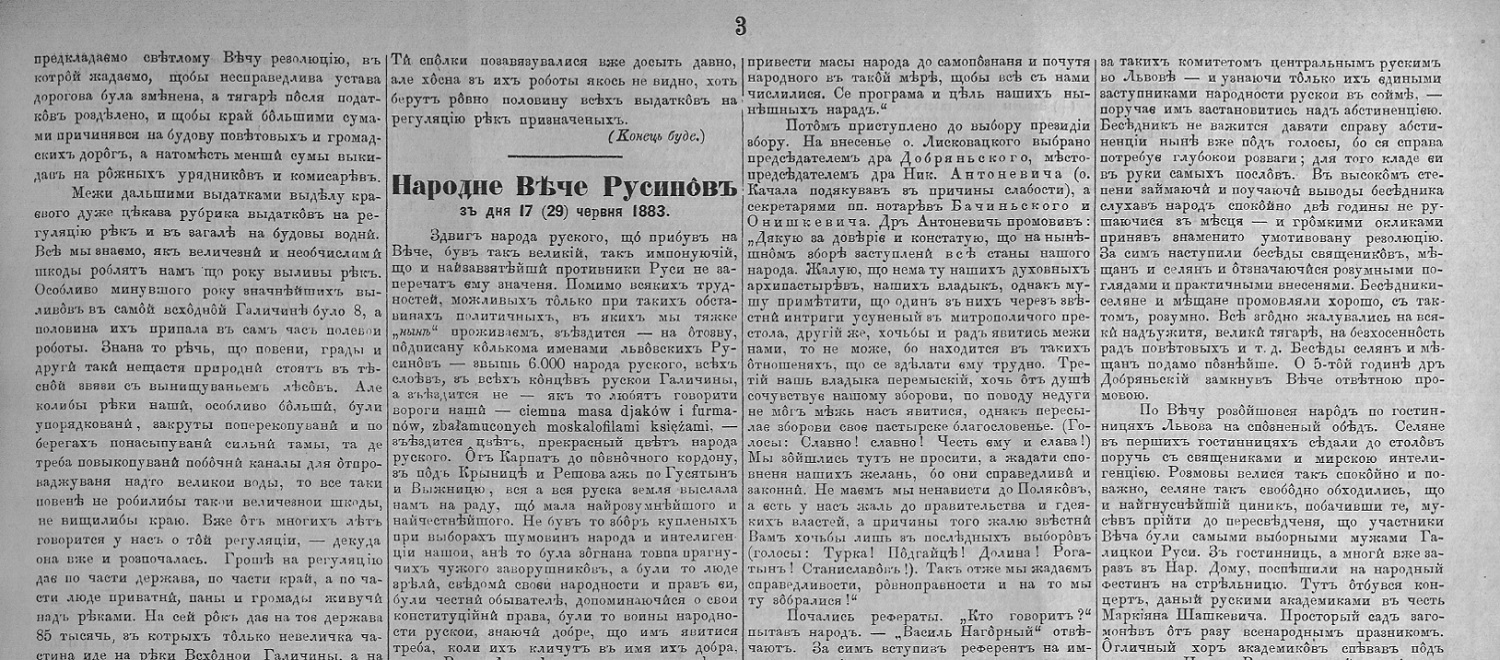
Second National Ruthenian Viche (1883)
The main task set by the organizers was to demonstrate mass popular support for Ruthenian politicians despite their recent defeat in the elections. The essence of the 1883 assembly was to demonstrate the power of the Ruthenian political movement.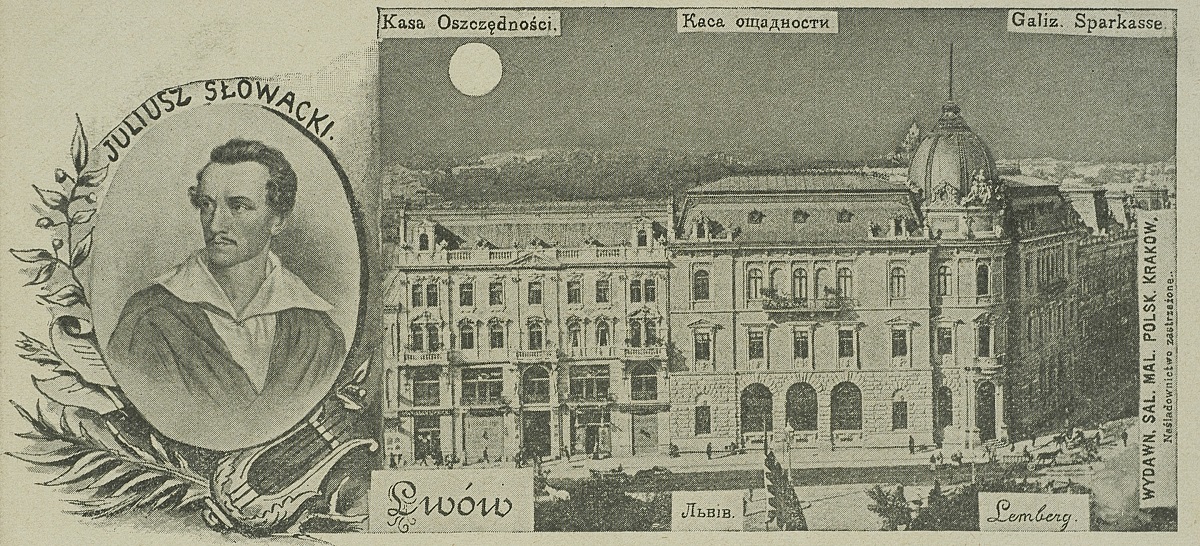
Honoring the Polish "Poet-Prophets"
As befits a cult, a calendar of birthdays, deaths, book releases, or the publication of individual works was formed around national poets. This was common to both Poles and Ukrainians and allowed them to regularly "remember" poets and "educate" the younger generation.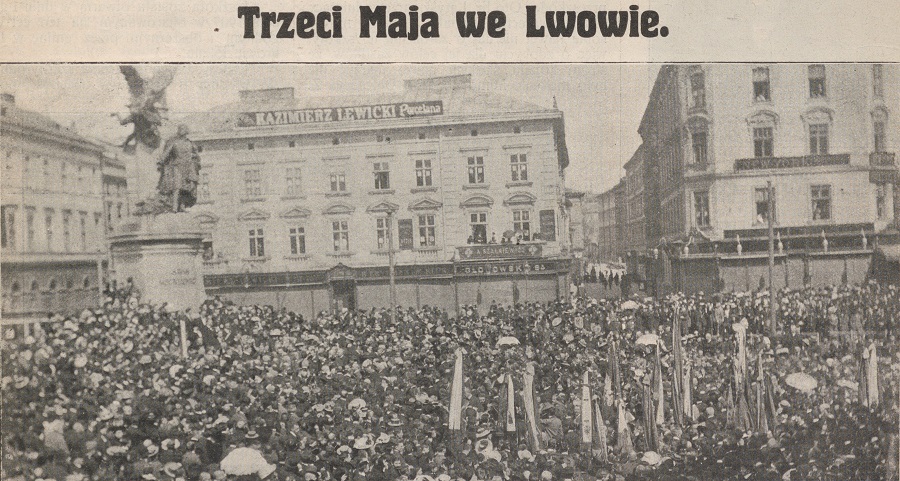
100th and 120th anniversaries of the 3rd May Constitution (1891, 1911)
The celebration itself was used as a mobilizing factor. On this day, politicians, officials, and members of various organizations, including paramilitary ones, actively reminded people of themselves.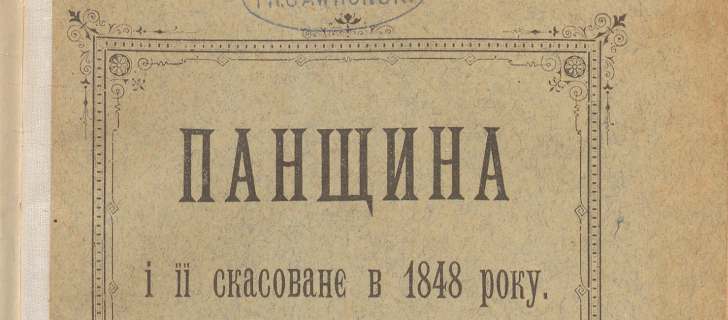
Commemoration of the 50th anniversary of the abolition of corvee labour held in Lviv (1898)
The anniversary of the "liberation of the peasantry", which was marked by a celebration in the capital of the crown province, was a confirmation of the status of Lviv both as a place where public policy was made and as a symbolic city for which national projects competed. The large-scale character of the "Ruthenian action" was, as usual, to be provided by peasants from throughout the province.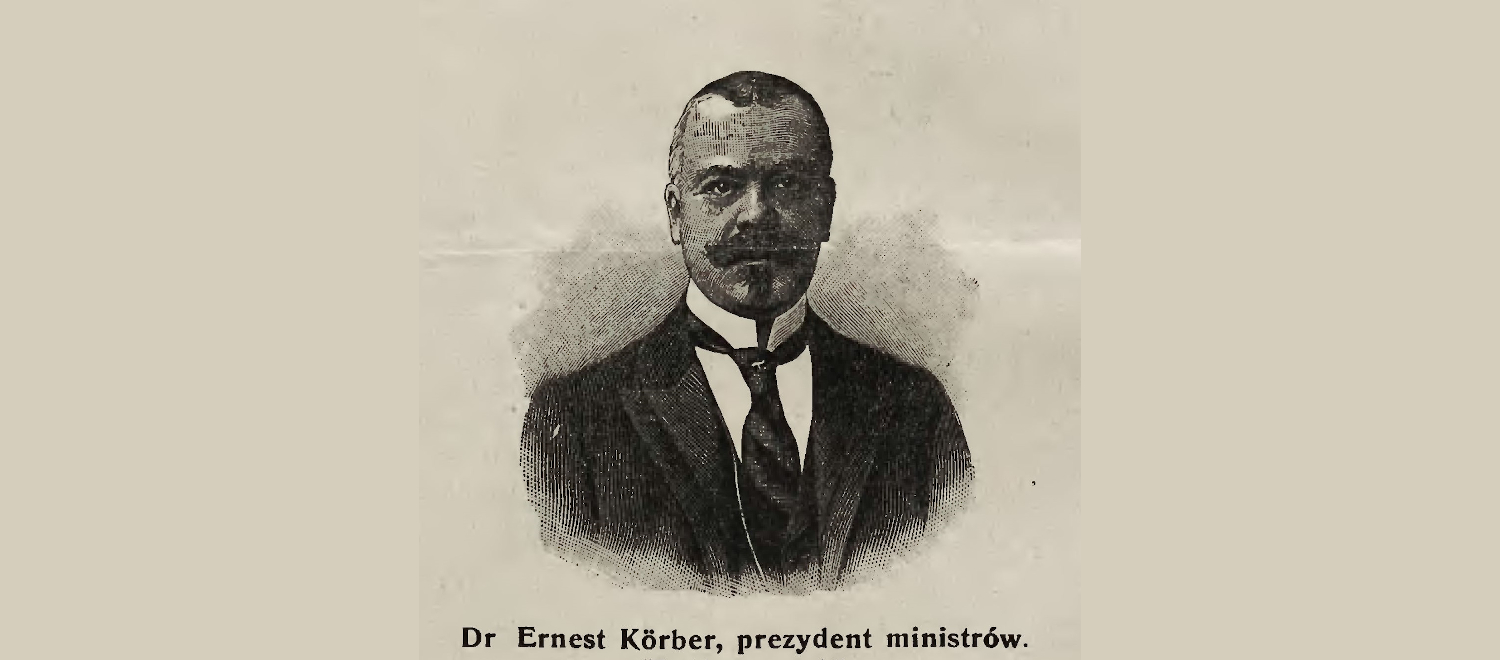
A visit by the Prime Minister Koerber, demonstrations and clashes with the police (1904)
In August 31, 1904, the Prime Minister of Austria-Hungary, Ernest von Koerber, was scheduled to visit Lviv. But the main event of the day unexpectedly turned out to be a viche organised by Ukrainian populists.
November 1905 and the Patriotic Polish Youth
November in Lviv was traditionally full of Polish national celebrations. It was in this month that the beginning of the November Uprising was celebrated and the anniversary of Adam Mickiewicz’s death was commemorated. The troubled year of 1905 was no exception.